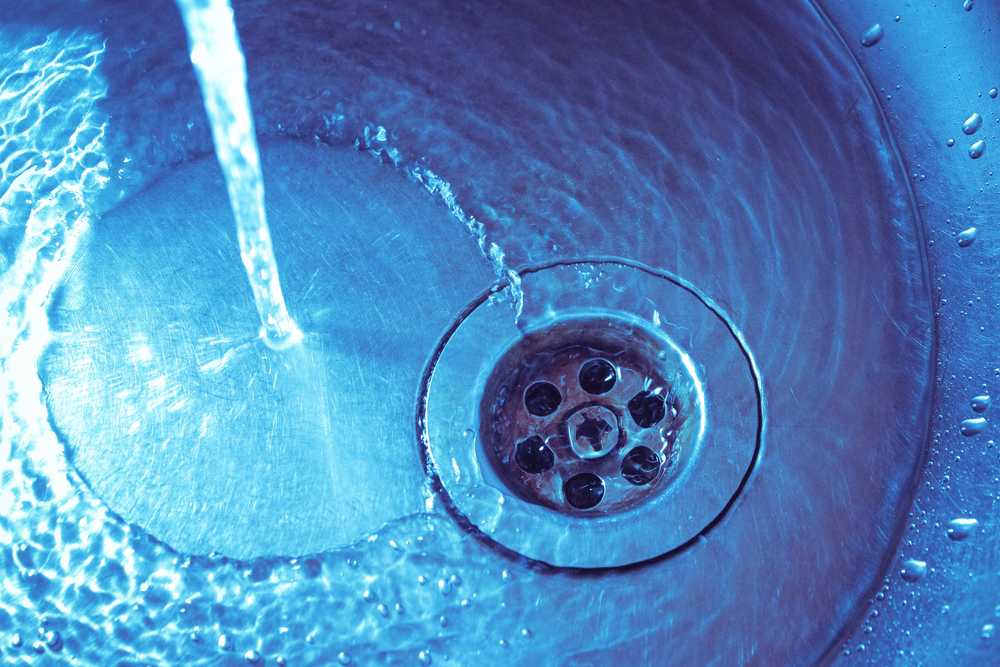Plumbing issues, including plugged sinks and plugged toilets, are common yet pressing concerns in commercial and high-rise residential properties. They not only disrupt daily operations but can also lead to significant inconveniences and potential health hazards. Addressing these problems promptly and effectively is crucial, making the services of an emergency plumber, especially a 24-hour emergency plumber, invaluable.
Understanding the Problem
Plugged sinks and toilets in commercial buildings and high-rise residential properties often stem from different causes compared to those in standard homes. In these larger structures, the complexity of the plumbing systems can exacerbate issues. Identifying the cause of these clogs requires understanding the distinct nature of these systems, making the expertise of a commercial plumber essential. Pipe replacement or more intensive interventions might be necessary in some cases.
Preventative Measures
Regular maintenance is key in preventing clogs. Property managers should schedule routine checks with a commercial plumber to ensure the plumbing system is in top condition. Educating tenants and residents on the proper usage of sinks and toilets can significantly reduce the risk of plugs. Simple steps, such as avoiding flushing down non-degradable items, can go a long way in maintaining the integrity of the plumbing system.
Do’s and Don’ts
When facing a plugged sink or toilet, certain immediate actions can help mitigate the issue. For instance, using a plunger might provide a quick fix for minor clogs. However, avoiding common mistakes like using harsh chemicals that can damage pipes is crucial. In cases of severe clogs, it’s advisable to refrain from DIY methods and seek a professional commercial plumber.
Here’s a detailed guide on what you should and shouldn’t do:
Do’s:
Use the Right Tools:
Plunger: Ideal for minor clogs. Ensure you have a flange plunger for toilets and a cup plunger for sinks.
Plumber’s Snake: Useful for more challenging clogs that a plunger can’t handle.
Natural Solutions: Sometimes, a mixture of vinegar and baking soda can help clear minor blockages.
Check for Simple Fixes:
Inspect the toilet flap: Ensure it’s functioning correctly.
Clean Sink Stopper: Regularly clean the stopper in your sink to prevent build-up.
Regular Inspection:
Look for Leaks: Regularly check under sinks for signs of leaks or damage.
Listen for Gurgling Sounds: This can indicate a venting issue in the plumbing system.
Educate Users:
Proper Disposal Practices: Remind tenants and residents to avoid flushing non-degradable items or pouring grease down the sink.
Don’ts:
Avoid Chemical Drain Cleaners:
Corrosive Chemicals: These can damage your pipes and are harmful to the environment.
Temporary Solutions: They often provide only a temporary fix and can lead to more significant problems.
Don’t Ignore Warning Signs:
Frequent Clogs: This could indicate a deeper issue in the plumbing system.
Slow Drains: This is often a precursor to more severe blockages.
Don’t Overexert Force:
Using Plungers: Excessive force can damage the fixture or worsen the clog.
Plumber’s Snake: Improper use can scratch the porcelain or pipes.
Avoid DIY if Unsure:
Complex Issues: If you’re unsure of the cause or how to fix it, it’s best to call a commercial plumber or a 24-hour emergency plumber.
Specialized Tools: Some tasks may require tools or skills beyond the average DIY kit.
By following these do’s and don’ts, you can effectively manage common plumbing issues while minimizing the risk of damage or the need for extensive repairs, such as sink replacement or pipe replacement. Remember, when in doubt, the expertise of a professional emergency plumber is just a call away.
DIY Solutions
For minor clogs, DIY solutions can be effective. A step-by-step guide to unclogging a sink or toilet can include tools like a plunger or a plumber’s snake. Always ensure you have the right tools and understand the procedure to avoid causing further damage. If the problem persists despite these efforts, consider sink replacement or toilet replacement.
When to Call a Professional
Recognizing when a problem is beyond DIY solutions is crucial. Persistent clogs, water leakage, or unusual noises from the plumbing system are indicators that it’s time to call a 24-hour emergency plumber. Professional intervention is non-negotiable for extensive issues, such as those requiring pipe replacement. Choosing a qualified plumber is particularly important in complex commercial or high-rise plumbing systems.
Long-Term Solutions and Upgrades
Investing in advanced plumbing technologies and regular professional maintenance can significantly reduce the risk of future clogs. Upgrades might include toilet replacement with models designed to prevent clogs or more efficient piping systems. Regular maintenance by a qualified commercial plumber can also identify potential issues before they escalate.
Dealing with plugged sinks and toilets in commercial and high-rise residential properties requires a proactive and informed approach. Regular maintenance, timely intervention by a 24-hour emergency plumber, and educating users on proper practices are crucial steps. In the long term, considering upgrades and investing in regular professional checks can ensure the smooth functioning of plumbing systems, averting the need for frequent emergency interventions.

